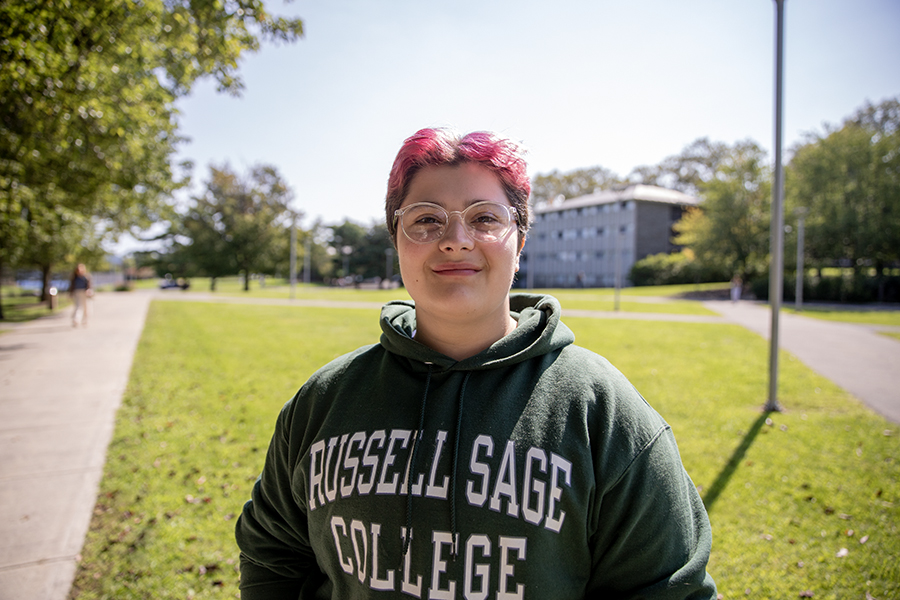The biggest lie perpetuated by our society about higher education is that student debt is avoidable. This is just not true. By the time they have received a bachelor’s degree, 70% of students have accumulated educational debt. These ideas grow anxiety in students that can drive them to overload their schedules with more work and time commitments than they can handle, all in order to reduce their amount of debt. Attempting to do everything at once leads to overworked and unsupported students with poor mental and physical health.
There are many students, including myself, who are forced to accept debt as a necessary part of achieving an undergraduate degree. This is because of constantly rising tuition costs; Ithaca College’s estimated tuition for 2024–25 is $53,540, while public universities average $27,000 a year. Reducing the amount of debt that a student is saddled with postgraduation is of the utmost importance. Many students who apply for federal or private loans do not have an adequate understanding of what they are agreeing to and this debt can debilitate students, preventing them from adequately providing for themselves once they enter the workforce. It is important that students have the financial ability to meet their basic needs both during and after college so they can continue to grow and enjoy their lives.
However, frequently circulated ideas about cutting costs and eliminating debt encourages students to participate in unhealthy behaviors. The prioritization of productivity over happiness and health is an epidemic at the collegiate level. Busy students will begin to neglect their own well-being because they have been taught, both implicitly and explicitly, that their career matters more. Things like eating well, exercise and socializing are all important parts of a student’s life that are often put on the back burner. All these choices can lead to emotional and physical burnout that prevents students from participating fully in their education, reducing the overall value of their time in college.
If students are going into thousands of dollars of debt to receive a degree, they should be given all the necessary resources to get the most out of that program. This includes being able to utilize communities available to them while in postsecondary education. Of course, classes and campus jobs can help enrich a student’s experience, but a student who focuses only on these things is missing out. College life is full of opportunities, but it is not realistic for students to expect themselves to seize every single one. Luckily, at the collegiate level, there is room for students to adjust their schedules, allowing for a process of learning. Leaving this time for them to change and learn is paramount to building a strong foundation for most life skills.
Perpetuating this idea that there is an accessible, debt-free way to get a degree is dangerous. It promotes a number of unhealthy habits. Learning how to budget your time and energy is a crucial skill, one that never loses its applicability. Students cannot go through this learning process or make healthy decisions if they are constantly worried about accruing debt. Putting too much pressure on students to do everything in the most cost-efficient way possible is stressful and inhibits their growth as people.
PENCILS DOWN is a column written by first-year film, photography and visual art major Gabe Hendershot that discusses education. Contact him at [email protected].

















